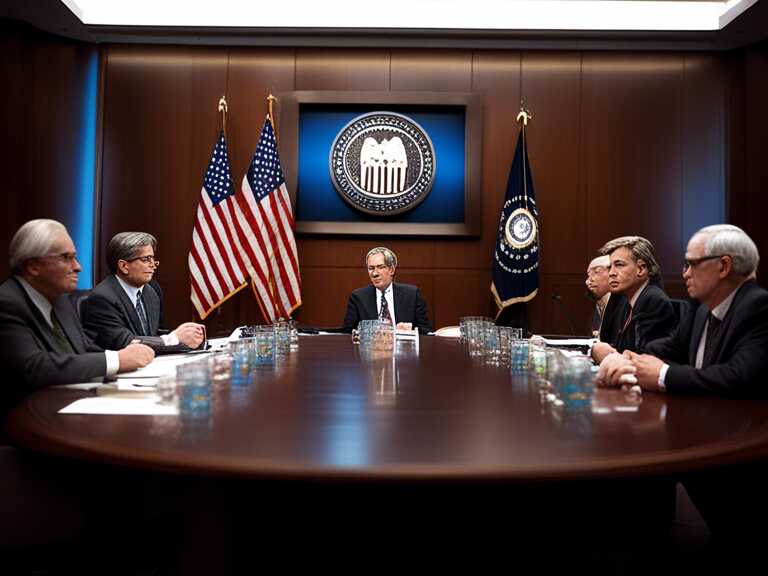
Consumer Prices Rise at Faster Pace, Prompting Consideration of Federal Reserve Rate Cut
In November, consumer prices rose 2.7% annually, prompting speculation on Federal Reserve actions amid persistent inflation above the 2% target.

In November, consumer prices experienced a notable rise, reaffirming the ongoing concern of inflation for both households and policymakers. The Bureau of Labor Statistics reported a 12-month inflation rate of 2.7%, following a 0.3% increase on a monthly basis. When excluding food and energy costs, the core Consumer Price Index (CPI) indicated an annual rate of 3.3% and a monthly increase of 0.3%. Notably, these figures aligned with the Dow Jones consensus estimates.
Federal Reserve's Consideration
These inflation readings coincide with the forthcoming Federal Reserve's policy meeting, where officials are contemplating their next moves. Market expectations strongly suggest that the Federal Reserve will reduce its benchmark short-term borrowing rate by a quarter percentage point when the meeting concludes on December 18. However, it is anticipated that they will skip a rate cut in January to assess the impact of consecutive cuts on the economy.
While inflation remains below the 40-year high observed in mid-2022, it still surpasses the Federal Reserve's 2% annual target. Some policymakers have expressed frustration with the persistent inflation and have indicated a potential slowdown in the pace of rate cuts if progress is not made. Should the Federal Reserve proceed with the expected cut next week, it would mark a reduction of a full percentage point off the federal funds rate since September.
This latest development highlights the ongoing challenges posed by inflation, prompting policymakers to carefully consider their next steps in addressing this economic concern. As the situation unfolds, further updates are anticipated.
Share news















